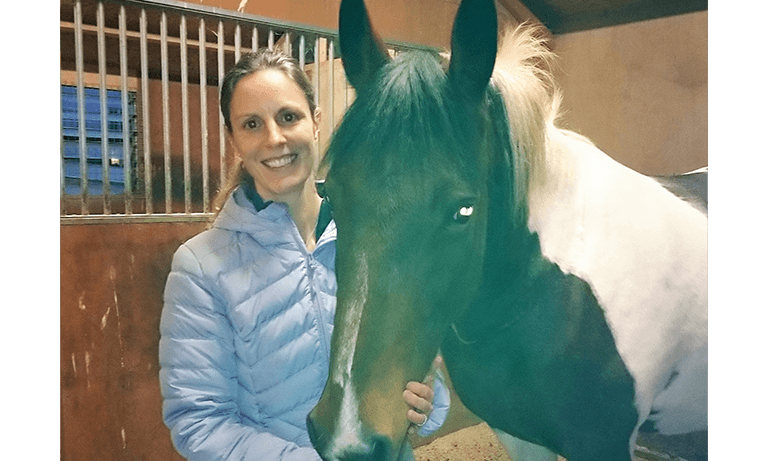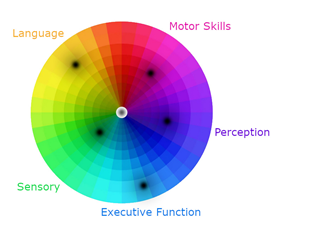Brucella canis: what vets need to know
14 Feb 2024
04 Dec 2020 | Kirstie Pickles
To be a #GoodWorkplace it’s important to create a culture where everyone feels comfortable being themselves. In this blog, Kirstie Pickles shares her experiences with Autism, and why employers being accepting and understanding of individuality is important.

If asked to think about autism, many people (of my generation at least!) think of Dustin Hoffman’s character in Rainman, the autistic savant with mind-bending mathematical talents. However, this is a far cry from the vast majority of autistic individuals, myself included.
My autism has given me certain abilities that have helped me get to where I am; incredible focus, attention to detail, good memory (at least until I had kids!), determination, persistence, efficiency and organisation, fierce loyalty, integrity, and a hard work ethic. It has also imparted more challenging traits such as social anxiety, crippling self-doubt, perfectionism, rigidity of thinking, need for order, and difficulties in understanding some nuances of communication. This latter characteristic is particularly challenged by the increasing need to interact via social media for both work and personal communications. This is my personal autistic profile. What many neurotypical people do not realise is that every autistic individual has a unique profile.
Autism is a spectrum. It is not a horizontal, linear scale from 0-10 with mildly affected individuals at the lower end and severely affected at the top of the scale. Autistic individuals have a profile more like a circular wheel (fig. 1). Each ‘spoke’ of the wheel represents an autistic trait with the black dots depicting where an individual lies for that characteristic. This means that whilst an individual may be hardly affected in one category e.g. communication, they may rate highly in another area e.g. sensory processing such that they find bright lights or loud noise extremely distressing. Minor accommodations in working environments e.g. wearing noise cancelling headphones in a shared office space can be life changing.

Fig. 1: Wheel representing an individual autistic profile.
High functioning autism (previously termed Aspergers) is frequently a hidden disability. I did not receive my diagnosis, which had been missed by numerous doctors and psychologists who treated me for depression and anxiety, until after my daughter was diagnosed and I was in my 40s. I was depressed and anxious but this was the result of being autistic in a neurotypical world. My story is not uncommon. There is a so called ‘missing generation’ of autistic women now being diagnosed in their 40s, 50s and even 60s as autism was previously considered to be almost exclusively a male condition. Autism is more common in males but girls are also very adept at camouflaging or ‘masking’ their autistic traits, which we learn at a young age are considered undesirable or unacceptable by society. The cost of this continual self-monitoring and masking is considerable and frequently leads to exhaustion and depression.
For me, diagnosis has led to greater self-acceptance and an understanding of why I have felt different. I have ‘allowed’ my autistic traits to be more visible and I no longer fight against this difference or feel the need to mask it; it is just the way I am. Allowing individuals to express themselves freely as their authentic self is a basic human right. Employers that accept employee individuality and how that is expressed will not only gain productivity but also allow employees to flourish.
|
Hear Kirstie Pickles speak on neurodiversity at BVA Live 2024 A passionate advocate for mental health and wellbeing, expert speaker Kirstie Pickles will present Difficult or in distress? Empowering neurodivergent colleagues in the workplace at BVA Live in Birmingham on 7 June 2024. This session is sponsored by Vetlife. This session will explore:
Book your ticket here today. |
Get tailored news in your inbox and online, plus access to our journals, resources and support services, join the BVA.
Join Us Today